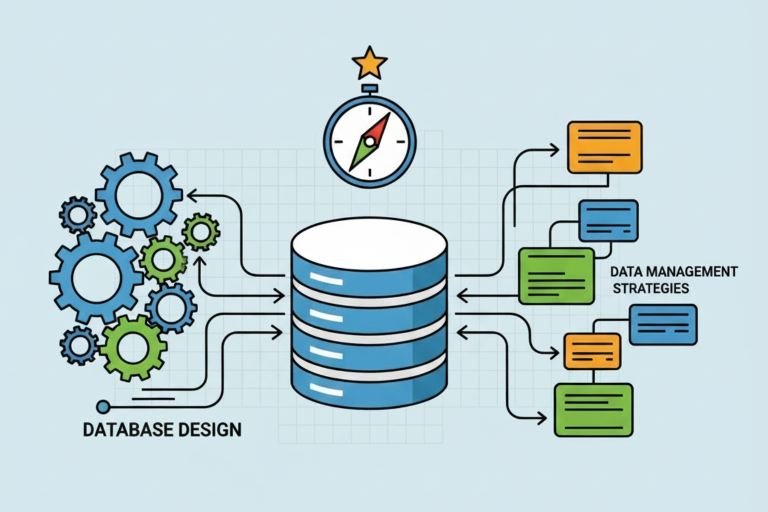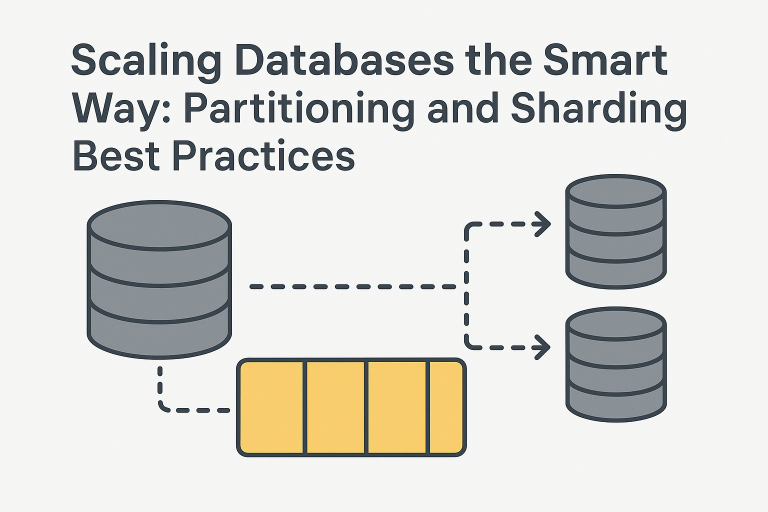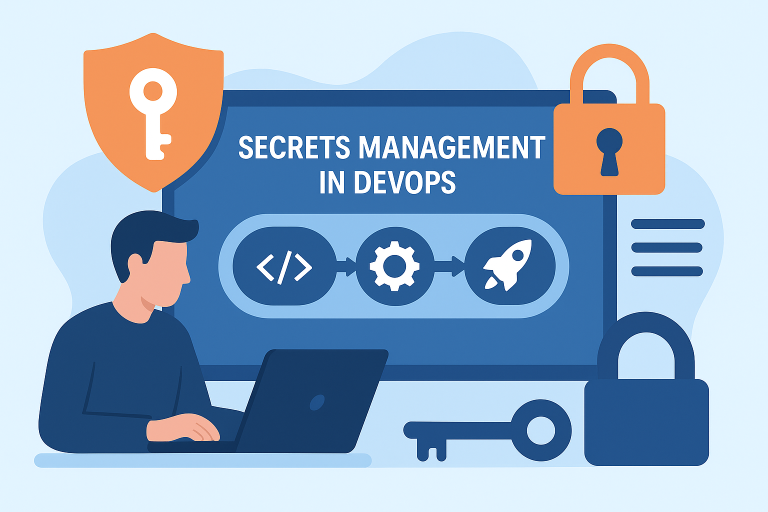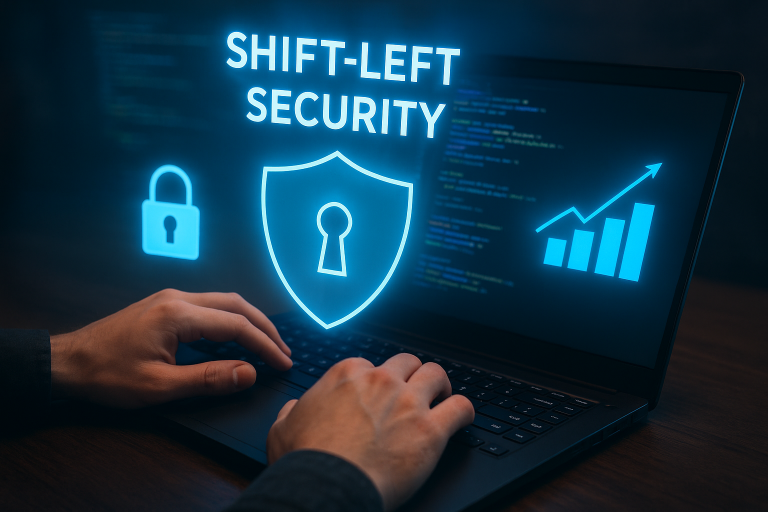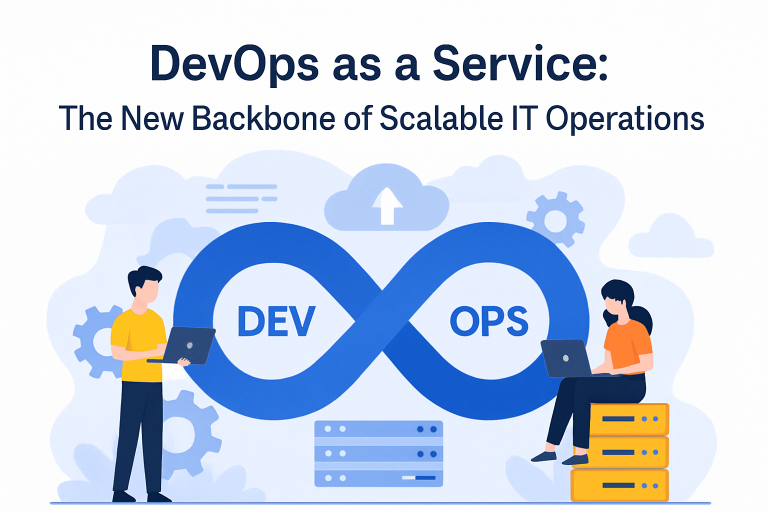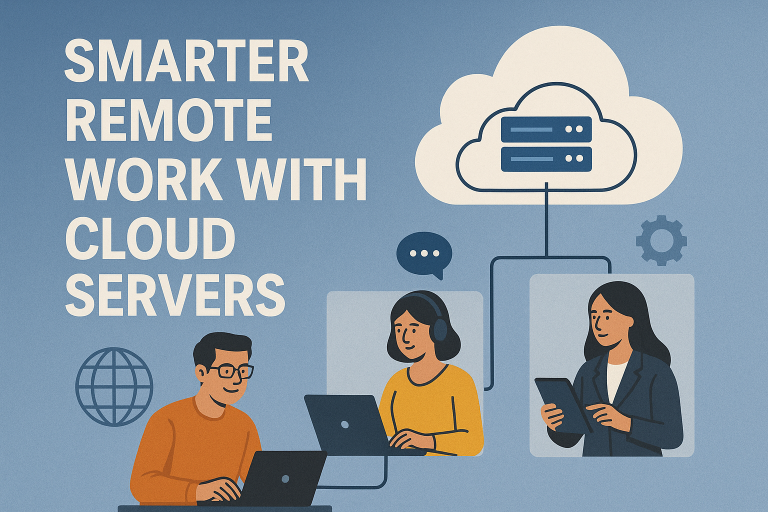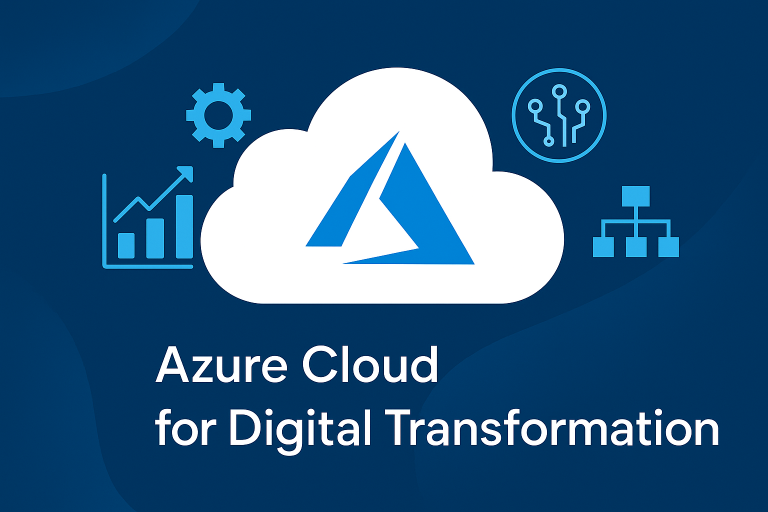
The COVID19 pandemic has had an immense impact on the business processes of several organizations throughout the world. Millions of enterprises accelerated digital transformation, shifting physical operations to digital. They were pushed to include new IT infrastructures, deploy new applications, and re-engineer their business process to drive towards the digital direction. Some changes must be maintained for business continuity in the new normal after COVID-19. These newly implemented changes, especially digitalization, also have a long-lasting impact on modern businesses’ security and risk management processes.
Now, security and risk management are two of the most crucial aspects of business operations and continuity. Therefore, it is essential to identify valuable business assets, assess potential risks and threats, and evaluate the likelihood of events that could trigger these risks. Additionally, determining the criticality of such events and their impact on business health and growth is equally important. Only after thoroughly evaluating these risk factors can you develop appropriate mitigation plans. To thrive in the post-COVID-19 era, security and risk management processes must address the latest business operation threats, including increased digitalization, a changed work environment, new business models, and altered work patterns. Below are some of the prominent changes in business patterns that can influence security and risk management in the post-COVID-19 era.
Decentralization of Security Management System
In earlier days, security functions were centralized and meant to protect assets and data within an organization. The focus was to create a secure perimeter to protect the organization from external attacks. Though, some additional measures were there to protect the organizations from insiders’ attacks.
Since the pandemic, organizations have adopted large-scale remote work practices, enhancing remote collaboration with partners. So, creating a secure perimeter is not enough to secure the IT infrastructure, data, and assets. Now, organizations are driven towards decentralized approaches for securing assets. They focus on remote security infrastructure management systems that account for remote workers and the assets they manage. For sustainability, organizations need to focus on the security and risk management of this decentralized environment.
Flexible Security Policies
An appropriate security policy is a crucial asset of modern organizations to provide guidelines to employees, clients, and other stakeholders to keep all business assets safe and secure. It usually takes a significant amount of time and effort to prepare an all-inclusive security policy and ensure everyone abides by it. But the pandemic has made an abrupt change in the work culture due to COVID 19 measures and restrictions. Now, organizations have to rely on remote work culture for business continuity. To work with a distributed workforce, they have had to revise their security policies to make that suitable for remote working practices.
Many companies plan to retain the flexible remote working culture after its successful implementation. So, organizations need to be flexible in terms of their security policies as well.
Virtualization
In the pre-pandemic era, there were only a few companies like Automattic, GitLab Inc., etc., that started and operated as virtual organizations. But, in the current situation, multiple organizations have to accept this virtual working culture. To get the advantage of globalization, several organizations choose to operate virtually – without any geographical and administrative boundaries. Cutting-edge technologies allow organizations to virtually collaborate and work from different parts of the world and run production, operations, sales, marketing, and accounting efficiently, without any complication. COVID-19 crisis has fueled the acceptance of the virtual working model. With this virtualization, several organizations have become more flexible and location independent.
Virtualization of organizations provides plenty of opportunities but also comes with new risks. So, virtualization plays a crucial role when doing modern enterprises’ security and risk management processes.
Integration and Consolidation
The pandemic has accelerated the rate of digitalization in many organizations, leading them to deploy several new IT applications to improve business processes. It has also led companies to rethink and revise their existing processes to optimize operations and reduce costs. To get the desired outcome, many organizations have integrated and consolidated their security systems. Instead of managing different systems, vendors, and processes, they have chosen to integrate existing systems into more unified security platforms.
Most likely, this consolidation will be continued during the post-pandemic era, as it leads to several business benefits. Companies that have already started the consolidation of their security systems are preferred to this integration journey as well.
Integration of Effective Measures for Privacy and Data Protection
Data is always a crucial aspect for organizations. Therefore, modern enterprises place privacy and data protection at the top of their security and risk management agenda to secure sensitive business data. In this direction, companies are looking for emerging technologies for secure and confidential computing, like edge computing, homographic encryption, and federated learning. These technologies will empower the implementation of effective measures to mitigate privacy risks.
Identity Management
The pandemic forced people to perform most of their transactions through digital channels. To support this crucial change in processes, organizations had to implement technologies that support end-to-end digital operations. As a result, they need to establish a unified identity management process across different systems. This approach will enable both organizations and consumers to securely share and access information through trusted channels. In light of these changes, organizations must rethink and prioritize identity management as a core security function. Therefore, to ensure effective security management in the coming years, organizations must consider and incorporate identity management processes into their strategies.
Conclusion:
The pandemic has definitely accelerated the digitalization of organizations and made them rethink and rebuild their processes, including security management, risk management, and business continuity processes. To improve your business process and make them compatible with the post-COVID 19 era, you can take help of the IT infrastructure consulting services. They can help you establish an appropriate security and risk management infrastructure and policies for your organization.
